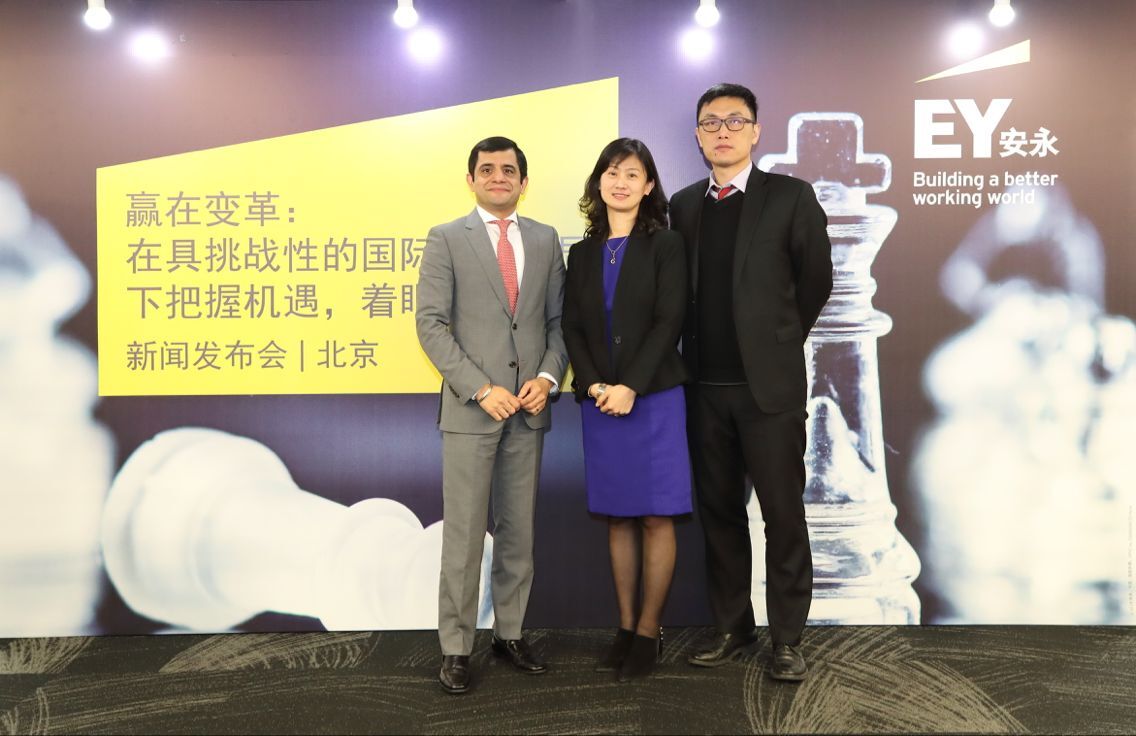EY: Int'l tax reform brings challenges as well as benefits
- By Guo Xiaohong
 0 Comment(s)
0 Comment(s) Print
Print E-mail China.org.cn, January 17, 2018
E-mail China.org.cn, January 17, 2018
2017 witnessed an increasingly complicated environment for the international tax system. Many economies began implementing the Action Plan on the Base Erosion and Profit Shifting (BEPS) while some countries enacted tax reform bills, said Lucy Wang, co-leader of the China Tax Outbound Center of EY, a global leader in insurance, tax, transaction and advisory services, in Beijing on January 15.

Wang warned Chinese enterprises of possible tax-related dispute risks in their overseas investments as well as acknowledging the opportunities in the new tax environment.
The U.S. newly-approvedTax Cuts and Jobs Act, which reduces the top corporate tax rate to 21% and reduces or limits many corporate tax deductions and preferences, might change many international tax provisions, according to Wang.
"US tax reform will positively affect the manufacturing industry in the long run as it will generate an increased American market and more capital flight into the country," said He Lipeng, partner in EY's Transaction Tax Services. "It will be a good time for Chinese enterprises to further increase overseas direct investment and mergers," he added.
Yet, He also predicted there won't be a large number of Chinese enterprises fleeing to the US for lower tax preferences. This may be the case for a few firms, but is not likely to be widespread, as this is not the only factor of concern for Chinese investors in their overseas strategy, especially Chinese manufacturing enterprises. Industry chains, infrastructure, labor costs and skills and closeness to market are also at play in their choice of investment.
In addition to the U.S., China's neighbor India also upgraded its tax environment to lure more foreign investment, said Gagan Malik, international director of EY's Asia Pacific Tax Center.
India's federal and local governments offer substantial subsidies and have adopted tax cuts or abatement policies concerning their foreign investors in addition to simplifying government approval procedures and digitalizing taxation processes.






Go to Forum >>0 Comment(s)